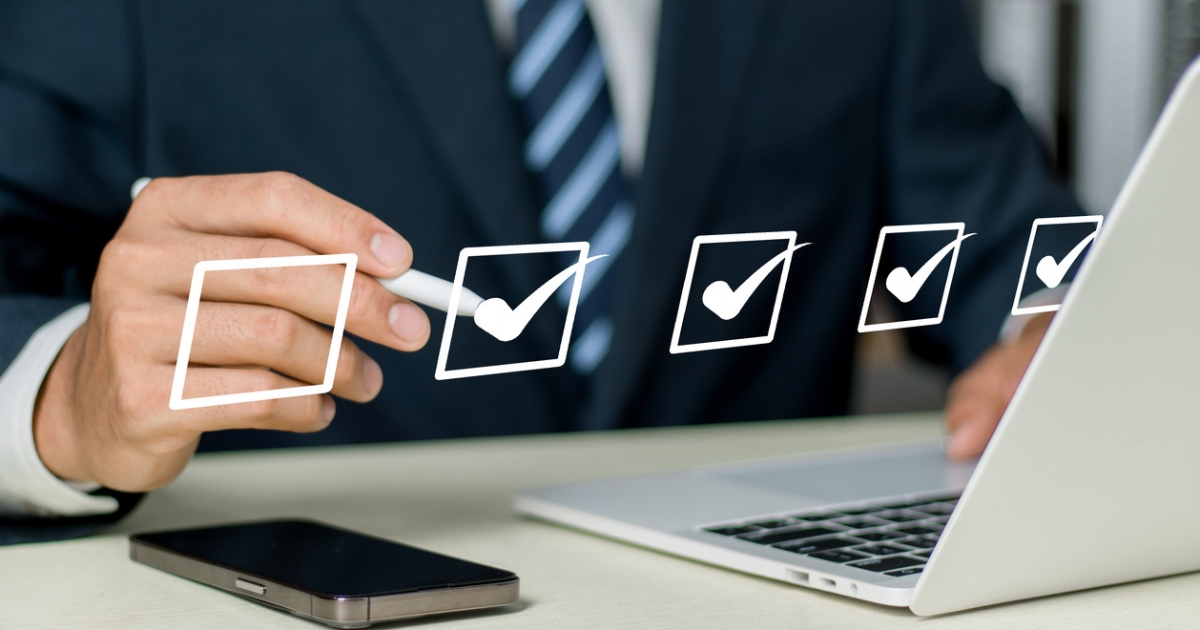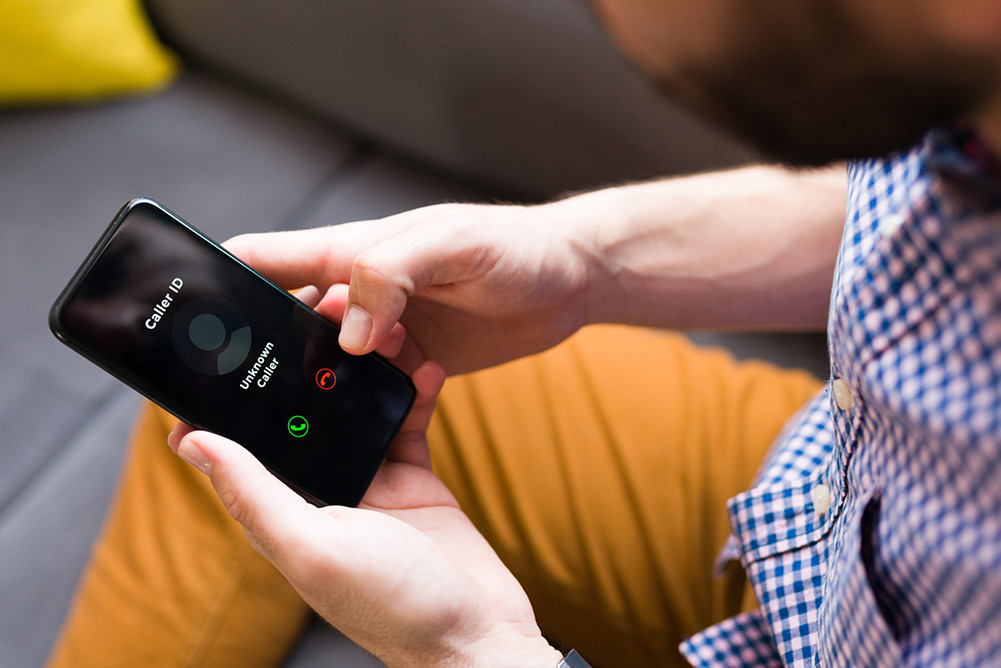Since the Supreme Court’s 2021 autodialer decision, there has been a rise in states enacting or expanding their own versions of the TCPA, commonly referred to as mini-TCPAs. Here we focus on Florida’s call restrictions under its mini-TCPA, known as the Florida Telephone Solicitation Act (FTSA).
The Creation of Florida’s Mini-TCPA
While “autodialer” is a colloquial term, some of the TCPA and FCC’s rules apply to the use of an automatic telephone dialing system (ATDS). An ATDS is defined as: “equipment which has the capacity to store or produce telephone numbers to be called using a random or sequential number generator and to dial such numbers.”
For many years, plaintiffs’ lawyers convinced the courts to expand Congress’s autodialer definition to include technology that didn’t actually do what the law says it has to—as in, generate numbers.
Courts also indulged a similar view from the FCC, who also expanded the rule, rather than simply reading and adhering to the words Congress actually used. In April 2021, the U.S. Supreme Court, in Facebook, Inc. v. Duguid, rightfully corrected that mistake.
In response to Duguid, Florida sought to provide Floridians with additional protections against autodialer calls. Thus, in 2021, Florida passed the Florida Telephone Solicitation Act (FTSA), which amended previous legislation.
But FTSA contained a broad definition of autodialer, which resulted in an explosion of FTSA cases. That increase in cases caused Florida to rethink its call restrictions. (However, it didn’t stop Maryland’s mini-TCPA from adopting this broad definition in 2024.)
In 2023, Florida amended the FTSA again in an attempt to stem the explosion of FTSA cases. Below we discuss some, but not all, of FTSA’s current call restrictions that those in the calling industry should be familiar with.
What Calls Does FTSA Apply To?
FTSA’s regulations are focused primarily, but not solely, on “telephonic sales calls” (sales calls), “unsolicited telephonic sales calls” (unsolicited sales calls), and the “telephone solicitors” making those calls.
FTSA Definition of Sales Calls
Sales calls, as defined by FTSA, include calls, text messages, and voicemails to consumers made for the purpose of:
- Selling consumer goods or services.
- Soliciting an extension of credit for consumer goods or services.
- Obtaining information that will or may be used for either of those purposes.
Sales Calls vs Unsolicited Sales Calls
Under FTSA, unsolicited sales calls have the same definition as sales calls, except that the following are not considered unsolicited sales calls:
- Calls made at the called party’s request.
- Calls relating to an existing debt or contract, provided the debt has not been satisfied or the contract has not been completed at the time of the call.
- Calls made to a person with whom the telephone solicitor has a prior or existing business relationship.
- Calls made by newspaper publishers, or their agents, concerning their business.
One is considered a telephone solicitor under FTSA if they do business in Florida and make sales calls or cause them to be made. Under FTSA, one is considered to be doing business in Florida if they make sales calls from Florida or to consumers in Florida.
FTSA Regulations Applicable to FTSA-Defined Telephone Solicitors
The following are some, but not all, of the current restrictions FTSA places on sales calls made by FTSA-defined telephone solicitors:
- Must Identify Themselves: Telephone solicitors making unsolicited sales calls must immediately identify themselves by their true first and last names, and identify the business on whose behalf they are soliciting.
- No Sales Solicitation Calls List: Telephone solicitors cannot make unsolicited sales calls to telephone numbers on Florida’s “no sales solicitation calls” list. Florida’s list contains Florida-related telephone numbers that are registered on the National Do Not Call Registry (NDNCR). FTSA does not contain a one-free-call exception to the private right of action, unlike the TCPA.
Broader FTSA Regulations
FTSA also contains call regulations that are not limited to just FTSA-defined telephone solicitors. One of those broader regulations concerns do-not-call requests.
That regulation prohibits making outbound calls, texts, or voicemails to consumers, businesses, or donors/potential donors, who previously requested not to receive calls, texts, or voicemails that are either:
- Made by, or on behalf, of the seller whose goods or services are being offered.
- Made on behalf of a charitable organization for which a charitable contribution is being sought.
FTSA’s Autodialer Regulation
FTSA generally restricts making unsolicited sales calls to strangers with technology that qualifies as an ‘autodialer’ under the law. As of May 25, 2023, FTSA defines autodialer as “an automated system for the selection and dialing of telephone numbers.”
FTSA prohibits making unsolicited sales calls involving an autodialer, without the called party’s prior express written consent (PEWC). That rule also prohibits the making of unsolicited sales calls that play a recorded message, without the called party’s prior express written consent.
FTSA has its own definition of “prior express written consent,” which differs from the TCPA’s applicable definition contained in the FCC’s implementing regulations. FTSA’s definition requires the called party’s consent to receive sales calls made using an FTSA-defined autodialer, which differs from the TCPA’s autodialer definition.
FTSA’s Statutory Damages
FTSA allows a called party to recover $500 for each FTSA-violating call/text they receive. Like the TCPA, a court can increase that amount to $1,500 if it finds the defendant willfully or knowingly violated FTSA.
This article does not cover all of FTSA’s regulations that, if violated, could result in a caller facing liability under FTSA. For example, FTSA also contains rules regarding what is required to make a valid and enforceable contract through a sales call, and prohibiting those making sales calls from intentionally altering the caller’s voice for nefarious purposes. See Fla. Stat. § 501.059(6) and Fla. Stat. § 501.059(8)(c).
Key Takeaways
Those calling from, or into, Florida, especially those making sales or unsolicited sales calls, should familiarize themselves with FTSA’s call restrictions. If you are making such calls, you should:
- Ensure you are providing the identifying information required under FTSA.
- Scrub against Florida’s “no sales solicitation calls” list (and the National Do Not Call Registry).
- Timely honor do-not-call requests.
- Avoid making unsolicited sales calls using an automated system for the selection and dialing of telephone numbers.
- Avoid using recorded messages when making unsolicited sales calls.
By understanding Florida’s mini-TCPA, among other rules, you can help protect your business and avoid expensive mistakes.
This article is only offered for informational purposes; it is not legal advice. Please consult a qualified attorney for your specific compliance needs.
Joe Bowser
Joe Bowser is a partner at Roth Jackson. He has been practicing communications and marketing law for two decades. He advises and defends calling and SMS platform providers (like Readymode), carriers/VoIP providers, and heavy users of those services in their wide range of compliance needs. In his spare time, you can find him taking his boys to their sports, getting in a workout of his own, or catching an Arsenal match.







